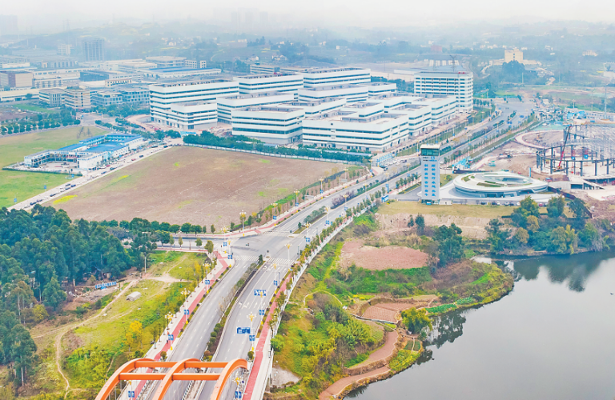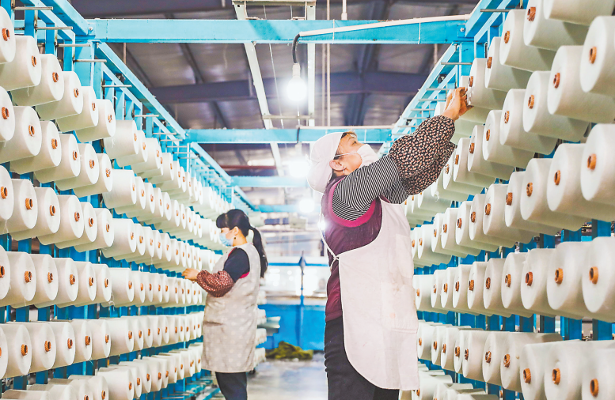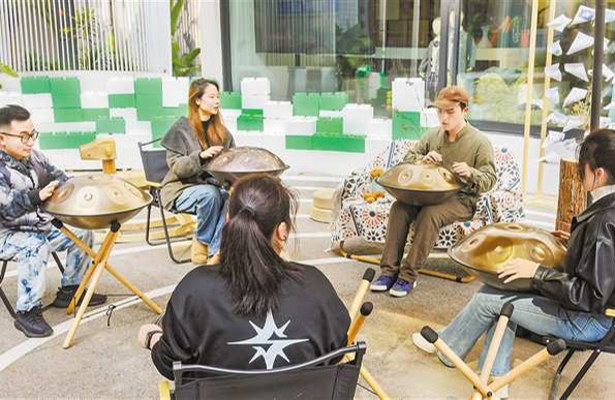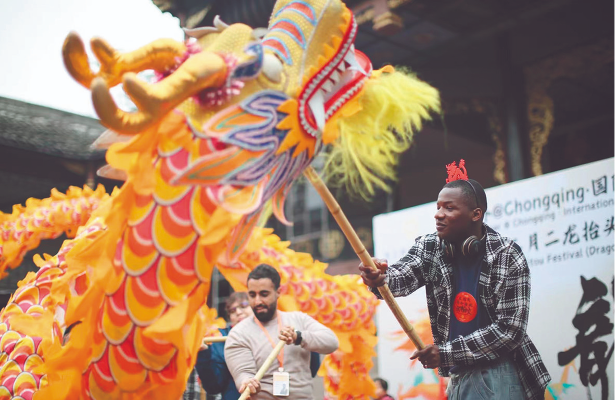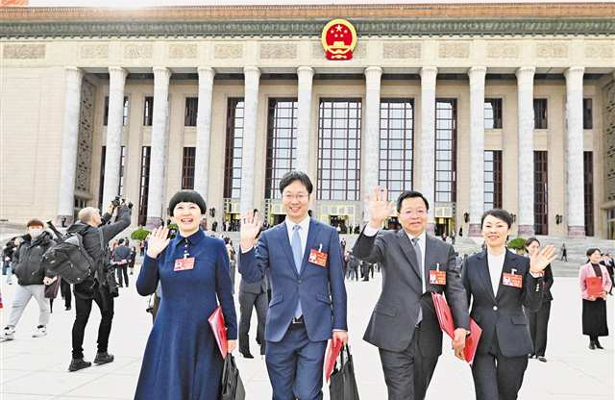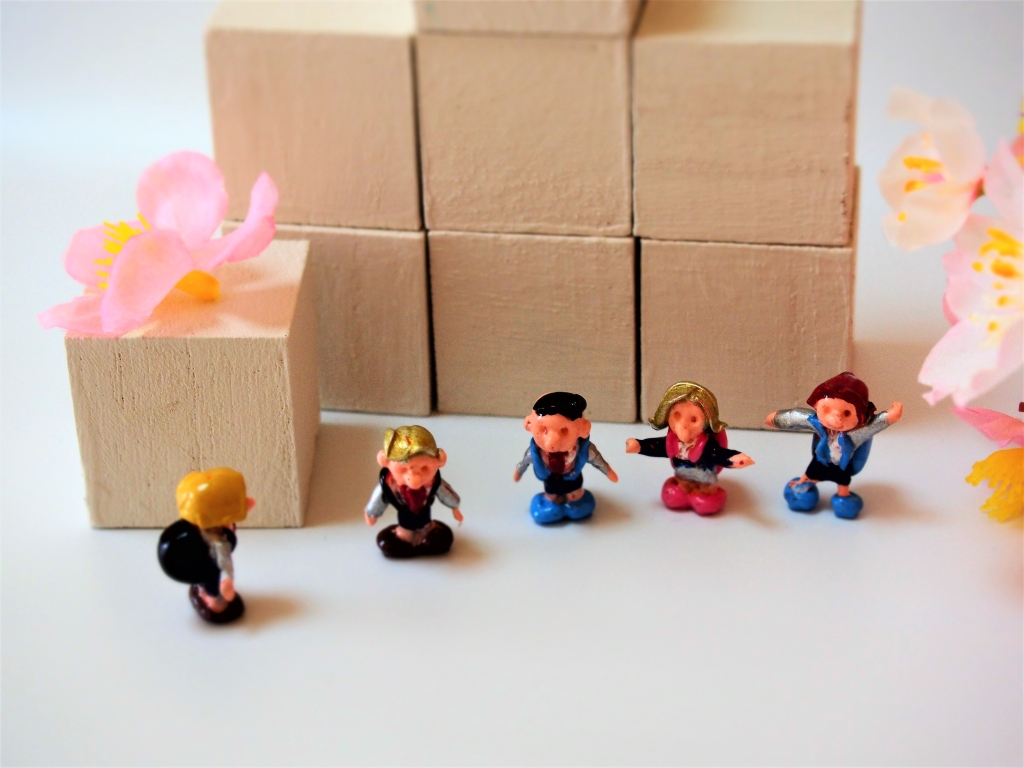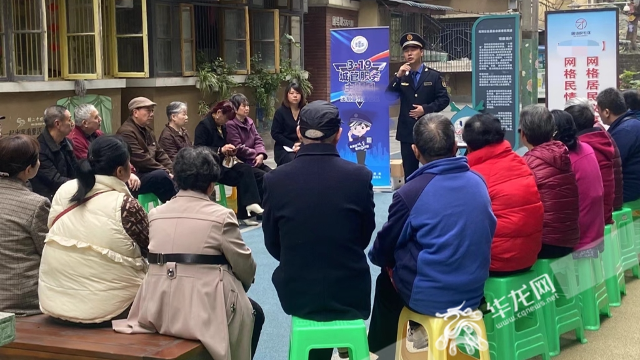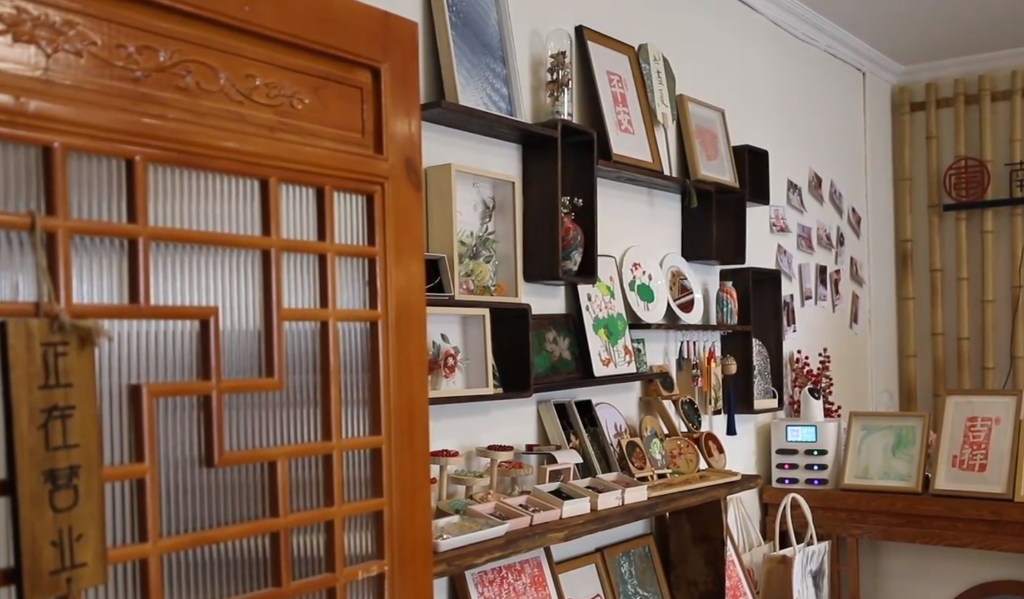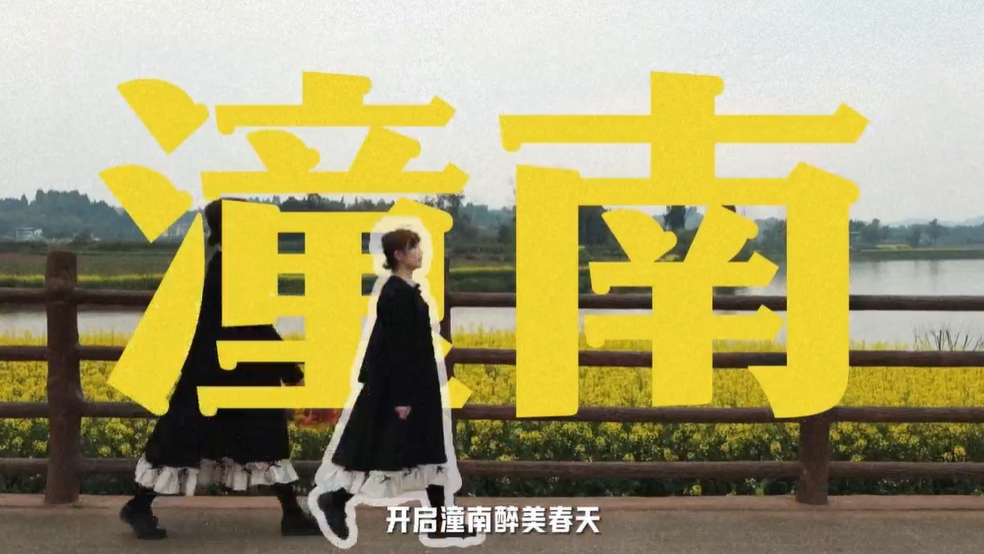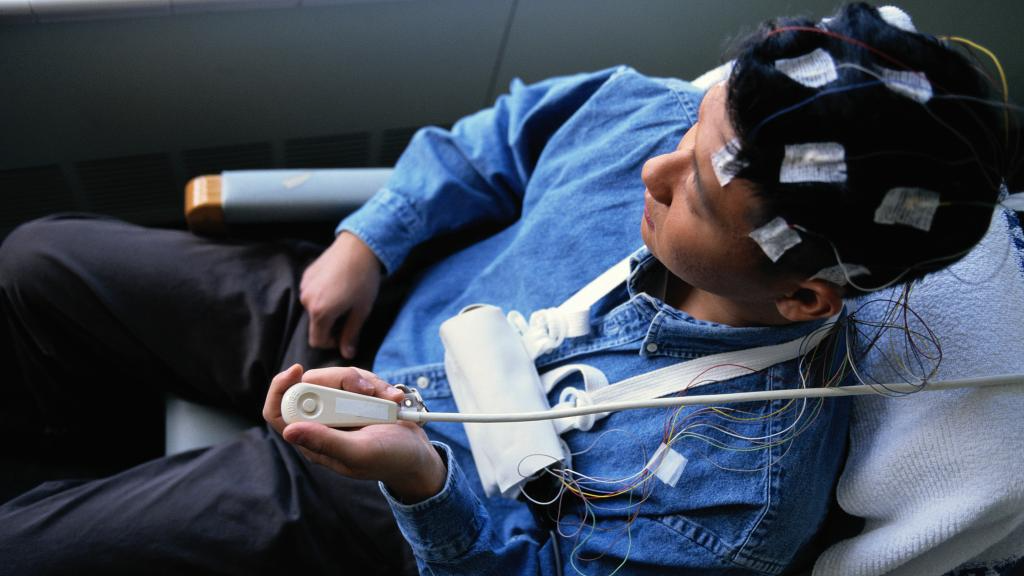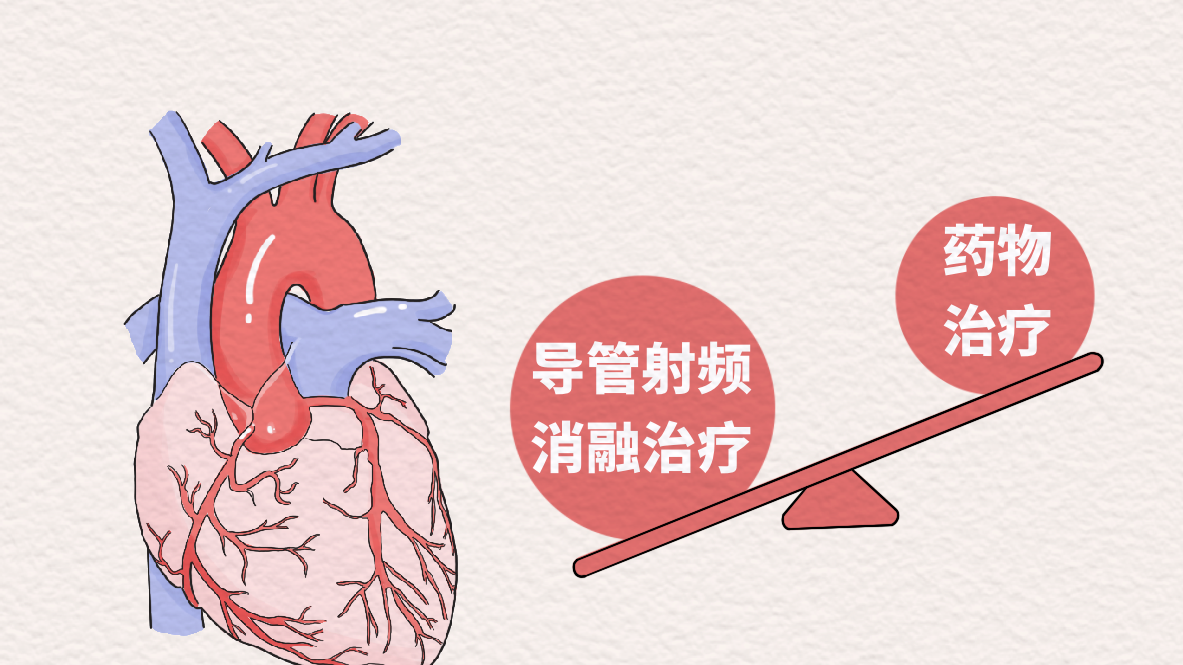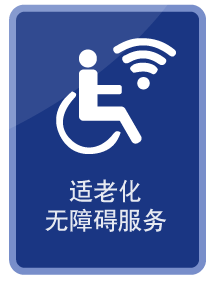CQ Doctors' Foreign Aid Diaries | Zhang Shuangju: 6000 cases of anesthesia with no accident
CHONGQING (CQNEWS) -- "The Chinese medical team has been providing humanitarian medical services to Papua New Guinea for 16 years," said Chinese President Xi Jinping during his first state visit to the country in November 2018.
The Chinese medical team is from Chongqing. Entrusted by the central government, Chongqing has been sending Chinese Medical Aid Team to Papua New Guinea independently since 2002.
For the one-year anniversary of Xi's visit to PNG, Chongqing sends the tenth medical aid team to PNG, the medical exchange and cooperation between China and the South Pacific Region is also into the tenth time cycle, CQNEWS and Post Courier, the mainstream media of PNG, jointly launched a special report, "CQ Doctors' Foreign Aid Diaries".
What happened in the medical team? Let’s take a look at their foreign aid diaries.

Zhang Shuangju with her colleague (Picture provided by the interviewee)
On the morning of November 4th, at YOU YOU BAOBEI HOSPITAL, after a brief training for the staff of the Department of Anesthesiology, Zhang Shuangju stepped out of the office and put on surgical gown and prepared for her work.
After retiring from Chongqing General Hospital in December, 2018, Zhang was re-employed. "Only when I work as an anesthetist, can I find myself back," said Zhang.
The medical environment in today's peaceful time often reminds Zhang of her days of foreign aid: during her three-time foreign aid experiences in Papua New Guinea and Barbados, she successfully operated about 6000 cases of anesthesia with no accidents.
In 2002, entrusted by the central government, Chongqing began to recruit members for the first medical team to PNG. Zhang was the first one to sign in.
At that time, nobody knew where Papua New Guinea was, or how the country developed. In addition, this foreign aid mission would last for two years, and there was almost no chance to improve her professional skills, so Zhang's family and friends couldn't understand her decision.
But despite all that, Zhang insisted on joining the first medical team, and even doubled as the accountant of the team.

Zhang Shuangju with her colleagues (Picture provided by the interviewee)
On November 13th of that year, the medical team flew to Papua New Guinea and arrived at Port Moresby, the capital of PNG, which could hardly be found on the map at that time.
When commuting from the post to the hospital, Zhang and her teammates found that the shuttle bus for the medical team was reinforced with wire netting. The locals explained that it was for protecting them from potential robbery at any time.
"It looked like a 'prison van', and we thought that it must have been terrible here," Zhang said. Later on, she learned that there were about 800 tribes with various turbulence and conflicts among them. To ensure safety, the medical team required teammates to go out in three and always stay vigilant.
Suddenly moving from peaceful homeland to a complex and changeable place, Zhang indeed had difficulty in adapting. She told herself to do better, not to disappoint her country.

Zhang Shuangju and her colleague see local patient. (Picture provided by the interviewee)
At Port Moresby General Hospital, Zhang, in white gown, saved many lives with her professional skills in anaesthesia, which conquered local doctors and patients.
In Papua New Guinea, many tribes have their own languages, and each of them has language barriers with the others. So when a patient came in, Zhang always had difficulty in regarding translation.
One day, a young mother came to the medical team with a three-year-old child. She was from a tribe, and couldn't communicate with the team. All she could do was staring at her baby who had a big head.
"The child was about 18 kilograms, and half of the weight came from her head, I guess. She had skinny arms and legs, hollowed eyes and a huge head. The final diagnosis said the baby had hydrocephalus," said Zhang. "For anesthetists, the biggest challenge of this case was to intubate for the kid. "
Since the child was ill for a long time, her neck was so skinny that it could no longer hold her head. If Zhang was to intubate her, the baby's neck may be broken.
After evaluation, Zhang decided to do intubation with the help of her assistant. She knelt on the ground and held the child's head, keeping the child's mouth and throat in a straight line. Then Zhang successfully intubated the child via laryngoscope.
Finally, after the three-hour operation, the child's hydrocephaly was drained successfully. As a result, her brain pressure was down, and the symptoms were significantly relieved. Seeing her baby get better, the mother was excited, with tears in her eyes, giving Zhang a thumbs up, and kept saying "CHINA GOOD! CHINA GOOD! ".
"Things like this happened almost every day in Papua New Guinea," Zhang said. With more and more medical aid in PNG later on, many locals would give them thumbs up wherever they went.
In November 2010, Zhang went to Papua New Guinea with the fifth Chinese medical team, continuing her "fully closed" life for another two years. As before, Zhang still doubled as an anesthesiologist and an accountant of the team.
In Papua New Guinea, it was very common for anesthetists to have 60 or 70 operations per day. Every day, Zhang would meet different patients and repeat different anaesthetic operations. Although every day is no more special from the others, Zhang ensured no mistake in anesthesia.
Even now, the words "CHINA GOOD! CHINA GOOD!" still make Zhang feel gratified. For Zhang, these words mean everything, and are better than any other compliments.
0ce7be0f-2644-4e8b-a2d9-981c88e9bf2d.jpg)

 无障碍
无障碍
 手机阅读分享话题
手机阅读分享话题 亲爱的用户,“重庆”客户端现已正式改版升级为“新重庆”客户端。为不影响后续使用,请扫描上方二维码,及时下载新版本。更优质的内容,更便捷的体验,我们在“新重庆”等你!
亲爱的用户,“重庆”客户端现已正式改版升级为“新重庆”客户端。为不影响后续使用,请扫描上方二维码,及时下载新版本。更优质的内容,更便捷的体验,我们在“新重庆”等你!
